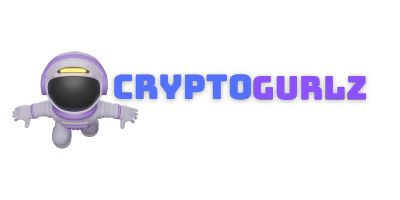Cryptocurrency Prices by Coinlib

Unity Ultimately Scraps Controversial Runtime Fees A Year After Its Announcement

In a not-so-surprising turn of events, Unity Technologies has officially scrapped its highly controversial Runtime Fee pricing model for Unity. The decision, which follows months of community outrage and the eventual resignation of former CEO John Riccitiello, was announced by Unity’s new CEO Matt Bromberg, who issued a formal apology on behalf of the company.
“After deep consultation with our community, customers, and partners, we’ve made the decision to cancel the Runtime Fee for our games customers, effective immediately,” Bromberg wrote. He emphasized that while pricing adjustments are sometimes necessary, they shouldn’t come “in a novel and controversial new form.”
For those blissfully unaware, the runtime fees in question—described by Tactical Breach Wizards developer Tom Francis as “an astonishing scumbag move”—would have charged game developers every time a Unity-powered game was installed, once it passed certain revenue and install thresholds. It doesn’t take an economist to see why this had the game development community up in arms. Not only did it threaten to pile unexpected financial burdens on developers but it also reeked of arbitrary pricing that could shift on a whim.
Indie developers were especially vocal. Gloomwood developer Dillon Rogers summed up the community’s distrust, tweeting, “Even if they reversed this 100%, the damage is done. You cannot trust a partner who will alter the deal after it’s done.” Another dev studio, Landfall, slammed Unity for making the change “without any form of opt-in or consent,” calling it “a huge breach of trust.”
Unity’s attempt to calm the storm came too late, however. After tweaking the pricing model to address some concerns, Riccitiello stepped down as CEO, and the company laid off 1,800 employees. While Unity said that they weren’t directly tied to the pricing fiasco, the timing couldn’t have been worse for Unity’s reputation. Developers like Slay the Spire’s Mega Crit even switched to open-source engine Godot mid-development, abandoning Unity altogether.
Fast forward to 2024, and Unity’s latest announcement is clearly an effort to mend fences. “We’re confident that if we’re good partners and deliver great software and services, we’ve barely scratched the surface of what we can do together,” Bromberg said, acknowledging that the company had strayed from being the reliable partner it claimed to be.
But can Unity truly win back the trust it has lost? While the GDC 2024 State of the Game Industry survey still shows Unity neck-and-neck with Unreal Engine in popularity, some developers aren’t so quick to forgive. Even though the rollback of the runtime fee has garnered mostly positive reactions, many on social media remain skeptical, with some calling the move “too little, too late.”
This controversy has left a lasting impact, with developers continuing to distance themselves from Unity. As of April 2024, studios like Mega Crit have committed to using other engines, while some have even removed Unity Ads from their games in protest.
In the end, Unity’s decision to scrap the Runtime Fee may mark a turning point for the company, but regaining the full confidence of its users is a different beast altogether. Only time will tell if Unity can rebuild the trust they shattered.
